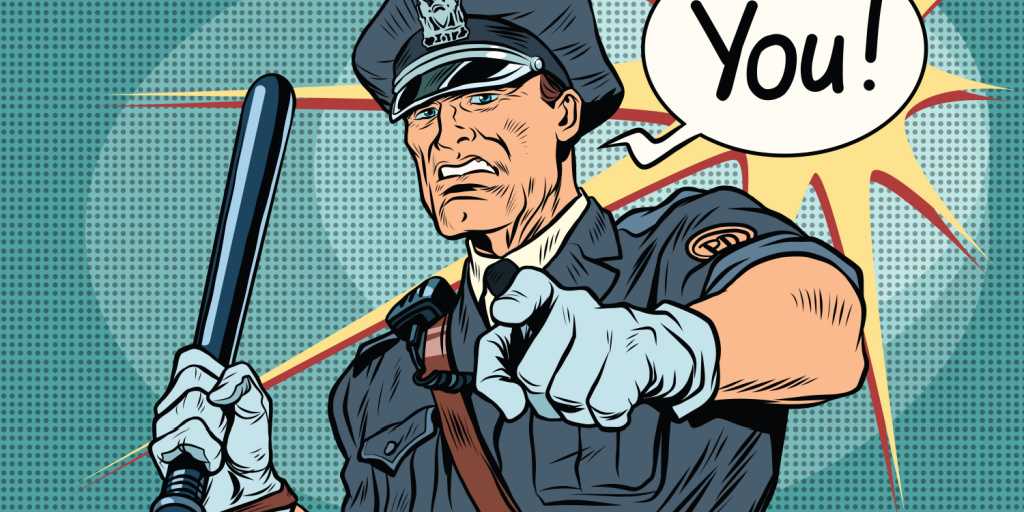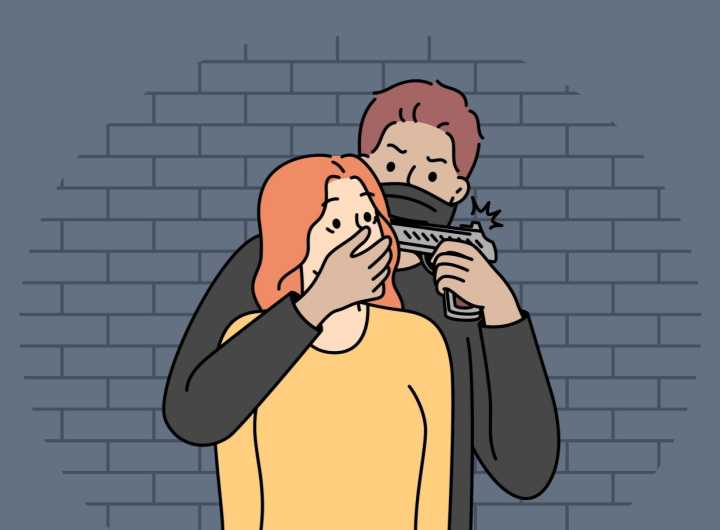Medical Marijuana Users Still Presumptively Impaired to Drive
In a unanimous decision, Dobson et. al. v. McClennen (CV-14-0313-PR) issued Friday Nov. 20th, the Arizona Supreme Court (Bales, J.), held that persons driving after legally smoking medical marijuana are nevertheless “presumed to be under the influence” under Arizona law. However, when charged with DUI, medical marijuana drivers may present a “limited defense” to prove that the level of marijuana in the driver’s blood is an “insufficient concentration to cause impairment.” Dobson, supra at ¶23.
Implicit in this decision is the recognition of the wild popularity and easy availability of “medical” marijuana cards in Arizona, and their footing as a substitute for physician-prescribed medicine. Emphasizing that the easily-obtained “written certifications” to use medical marijuana are not the same as medical “prescriptions,” the Court underscored that those issuing popular medical marijuana certifications are in a different class of “medical providers” than physicians, dentists, or even “podiatrists.” Those driving are not “immune” to DUI, as a statute had seemed to suggest, but rather, when arrested, now have the legal burden of proving in court “by a preponderance of evidence” that the amount in their systems was too little to be impairing. Thus, in a tale of two licenses, the AZ Supreme Court has held decisively that a license to smoke is not a license to drive.
Recommended Articles

Arizona’s new sealing statute is a powerful way for people who have been charged or convicted of many common offenses, to be able to say “no” in many instances.

In Arizona, “Aggravated Assault” charged under ARS § 13-1204 is a Class Four Felony, and in some cases with mandatory prison.

DUI or domestic violence police misconduct even if not resulting in grievous misfortune can sometimes provide a helpful remedy for the criminally accused.

people are surprised by how outsized the consequences some misdemeanor convictions can be. collateral consequences—meaning all those hidden consequences.

For thirty years two federal laws prohibited all those convicted of misdemeanor domestic violence offenses from ever possessing firearms.

About Michael Harwin
Michael’s skill and experience have been recognized repeatedly. He holds an A-V 5/5 preeminent rating by Martindale Hubbell. He has been named one of the top lawyers in Arizona by Southwest Superlawyers, and one of the best lawyers in Tucson by Tucson Lifestyle Magazine. He also has been named one of the best lawyers in the United States by BestofUS.com , and given the highest rating possible by AVVO, 10/10 Superb. Amazon Books

